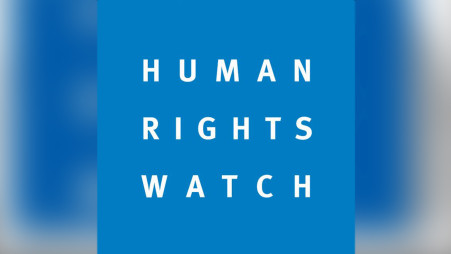Enforced disappearances drop, but scars remain

Enforced disappearances have dropped dramatically in recent years, according to data from human rights bodies, but the families of the victims are still carrying the scars.
Even after a decade, the families of their missing loved ones are still searching for them, longing to know their whereabouts. These families continue to demand a thorough investigation into the actions of the law enforcement agencies that are accused of being responsible for these disappearances.
30 August will be observed as International Day of the Victims of Enforced Disappearance worldwide.
According to the human rights body Ain o Salish Kendra (ASK), a total of six people have fallen victim to enforced disappearances by law enforcement agencies from January to July this year.
Last year, only five people fell victim to enforced disappearance, and 18 illegal arrests and detentions were made by law enforcement agencies.
Sanjida Islam Tulee, co-founder and coordinator of Mayer Daak, a platform for the families of the people who fell victim to enforced disappearances allegedly by government agencies, said,
"We know that my brother Sajedul Islam Sumon, who was a local organiser and leader of the opposition Bangladesh Nationalist Party, was detained by RAB in December 2013. But following that detention, we don't know of his whereabouts."
"It's been almost 10 years, and the government is yet to acknowledge that they picked up or detained my brother," Sanjida Islam, sister of Sumon, narrated their sorrows even after a decade of the disappearance.
Sanjida said that she and her family went from one government office to another in search of him. But no one registered their complaint.
Six-year-old Imam looked lost. It's been almost four years since he last saw his father. In Imam's case, his father, Ismail Hossain, a wood trader in Mirpur, went missing in June 2019.
After that, his mother, with the little one in tow, sought support from various law enforcement agencies but did not receive any assistance.
Apart from losing a father and a husband, the family also lost its sole breadwinner.
"I do some private tuition. But that isn't enough. When will he come back? Or will the wait never end?" Nasreen asked.
Noor Khan Liton, executive director of the ASK, said, "Talk to those who have returned. Those involved in running the secret prisons should be identified and brought to justice. For this, an independent and impartial investigation commission should be formed immediately."
He said the statements of the victims' families made it clear that law enforcers were involved in most of the disappearances.
Noor Khan said that after the killing of Major (retd) Sinha Md Rashed Khan, disappearances and extrajudicial killings decreased for a few weeks.
"Then again, the events were ongoing. Disappearances and extrajudicial killings have decreased since the US ban on RAB, but there is no way to say that it has ended," he added.
BNP chalks out programme
The leaders and activists of the BNP will take out processions with black cloth on their faces on Wednesday across the country, marking the International Day of the Victims of Enforced Disappearances.
BNP Senior Joint Secretary General Ruhul Kabir Rizvi announced the programme at a press briefing at the party's Nayapaltan central office.
He said the programme will be observed in all metropolitan cities and district towns across the country.



 Keep updated, follow The Business Standard's Google news channel
Keep updated, follow The Business Standard's Google news channel
















